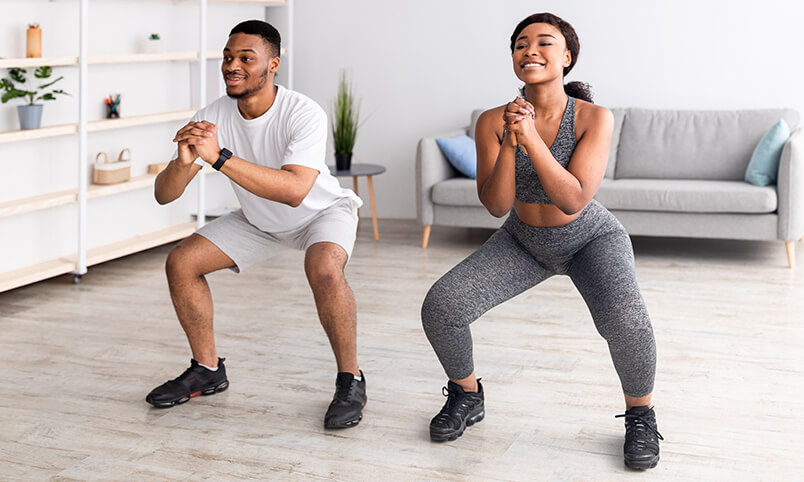
New science shows how exercise affects nearly every cell in the body
Even if it doesn’t move the scale much, the benefits are tremendous, experts say. Regular exercise offers many benefits beyond burning calories — so there are plenty of reasons to keep moving in the new year.
“Research shows that exercise affects pretty much every cell in the body, not just our heart, not just our muscles, but it also affects all the other organs, as well,” Gaesser said. “Exercise is something that is vital for good health.”
Among the benefits listed by the Centers for Disease Control and Prevention are sharper thinking, less depression and anxiety, better sleep, help with weight management, stronger bones and muscles, and reduced risks of heart disease, stroke, diabetes and cancers of the breast, the colon and other organs.
To obtain “substantial health benefits,” federal health guidelines advise adults to do at least 150 to 300 minutes a week of moderate-intensity physical activity or 75 to 150 minutes a week of vigorous physical activity, or an equivalent combination.
Exercise to live longer
Gaesser said research shows that people who are overweight but exercise regularly, like McCollum, still reap many health benefits. “We have found that exercise basically improves health outcomes largely independent of weight loss,” he said.
“The major take-home message is that just being physically active and trying to improve your fitness seems to provide better prospects for longevity than just trying to lose weight,” he said.
“Physical activity works on multiple mechanisms within the body, and that’s how it could potentially help prevent chronic conditions and therefore also prevent early deaths,” said the study’s author, Amanda Paluch, an assistant professor of kinesiology at the University of Massachusetts Amherst.
Sedentary people who get moving can start feeling better right away, said Sallis, a clinical professor of family medicine at the University of California, Riverside, School of Medicine and the director of the sports medicine fellowship at Kaiser Permanente in Fontana.
“The first thing is mental health. That is almost the first thing people notice — I feel better, I have more energy, I sleep better,” he said. “But then you could just go down the list of chronic diseases. I couldn’t tell you a disease that isn’t helped by it, from diabetes to heart disease to blood pressure to cholesterol to cancer, on and on.”
Sallis encourages patients who don’t exercise to start small and try to work up to the federal guidelines.


